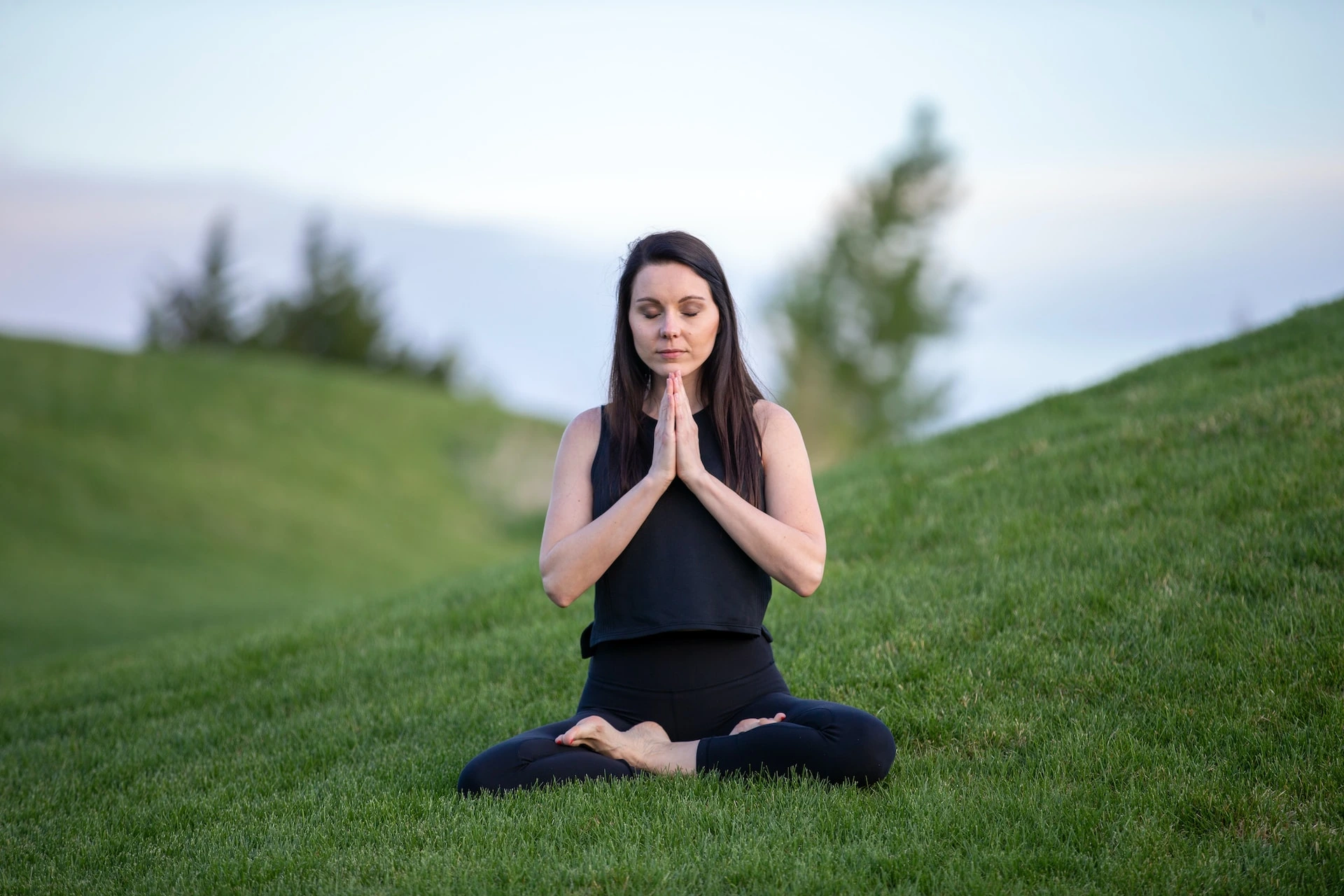2020 seems like it lasted a lifetime but also as if it were only a flash in time. We are nearing the one-year mark of when our world was suddenly changed. Efforts to combat COVID-19 have not fallen on deaf ears.
As we continue to live in a world much different than what many of us are used to, we must find ways to protect our mental health. This incredible change has brought forth loneliness, anxiety, fear, distrust, and downright confusion.
Read on to find out ten ways you can keep up with your mental wellbeing through the rest of this pandemic.
1. Keep in Touch With Others
Having a solid support group is key to sustaining good mental health. These are the people who are there for your wins and losses.
Although we may be social distancing and restricted on who we can see in person, we are lucky to be living in an advanced time of communication. Whether you are video chatting, calling, texting, emailing, direct messaging, or interacting on social media, make the effort to talk to those in your life.
Maintaining these relationships has several benefits. Friends help support you emotionally, motivate you, build confidence, and encourage healthy behaviors. Having someone to talk to, especially in these times, is important.
Sure, you miss going out to eat and attending normal get-togethers. Social life is still possible, it just looks a little different for the time being. Remember that others are struggling too and that you should check in on those you love.
2. Turn the News off
Of course, you’ll want to stay updated on the current events of the coronavirus pandemic. But, it is possible to consume too much of the bad stuff. Being constantly reminded that the world is undergoing atrocities can affect your general anxiety and attitude.
Even when the COVID-19 pandemic is not happening, try to limit your exposure to these reports. The constant rolling of terrible events is not useful in protecting your mental wellness.
3. Don’t Catastrophize
“Catastrophizing” is a real term. It is used by experts in mental health to identify when someone assumes the worst. Usually, it will involve the person making a much bigger deal of the situation than is necessary.
Realize that there are professionals out there who are taking care of this situation for us. Remember to look to your support group and open up to them about your concerns.
4. Know that Your Anxiety Is Normal
As mentioned, others are struggling right along with you. We are in uncharted territory here. These are all new experiences that are not particularly easy or fun.
Don’t be too hard on yourself for experiencing some anxiety and fear. It is completely normal to feel out of place and concerned. This concern is actually the motivating factor that helps us flatten the curve by hand washing, social distancing, and limiting ourselves to the essentials.
5. Pick up a Hobby
Many of us have a lot of extra free time on our hands now. This is a great time to pick up a hobby or add something back into your life that you didn’t have time for anymore. It is the perfect excuse to try something you have always wanted to do.
There are plenty of hobbies that can be done from your own home. This might include going for a walk, photography, painting, gardening, cooking, knitting, playing an instrument, and so on.
Using this time to add something productive or beneficial into your life is a great way to improve your mental health. If you find that you can not bring yourself to learn something new, don’t be hard on yourself.
6. Stay on a Sleep Schedule
Following a healthy sleep schedule can help manage the stress you may be feeling. Sleep and stress have been proven to be intertwined. The less sleep we get, the more stress we are likely to feel.
Likewise, the more stress we feel, the less sleep we will usually get. Many people who report that they are stressed out also note that they suffer from insomnia.
You’ll feel better overall by setting guidelines for how you handle your sleep schedule.
7. Avoid Substance Usage
Indulging in harmful substances might seem like a good way to reduce stress, but it is only temporary. Cigarettes, food, drugs, and alcohol are all things you should limit yourself on. These are not healthy choices and do not contribute to your overall wellbeing.
In fact, smoking can cause damage to your respiratory system, which is something that needs to be strong and healthy during the COVID-19 pandemic.
8. Follow Healthy Eating Habits
Comfort foods are a dangerous game. These simple little joys can quickly turn into a big problem. Eating bad does nothing but harm your mental health, making you feel lethargic, weighing on your conscience, and contributing to unhealthy weight gain.
Choosing foods that are rich in nutrients can be beneficial to your physical and mental health. These foods can help boost your immune system as well.
9. Stay Active
Staying active can help reduce stress and promote a healthy body. There are plenty of active things you can do from your own home or neighborhood. This might be the new hobby you’ve been looking for.
Being stuck at home can lead to unhealthy habits, one of which is laziness. However, you’ll feel much better if you get your body moving, get some fresh air, and leave the confines of your home office.
10. Talk to a Therapist
If you are still having issues with excessive worry and anxiety, you should speak to a therapist. These professionals can help you process these emotions healthily and effectively. Rather than doing in-person visits, you can look into virtual options that are still just as effective.
Keeping up Your Mental Health
Keeping up with your mental health during this crazy time is vital. These tips and tricks can help you manage that while we ride the rest of this wave out. Remember that we are capable, we are progressing, and we will come out better than ever.
If you are struggling, we would love to help. Contact us today for more information on how we can help you!




